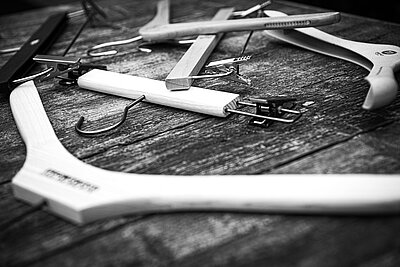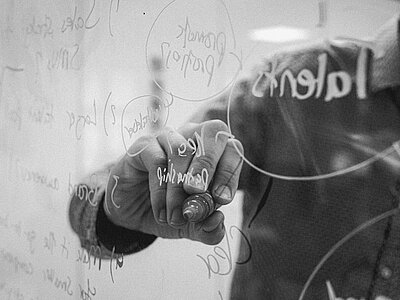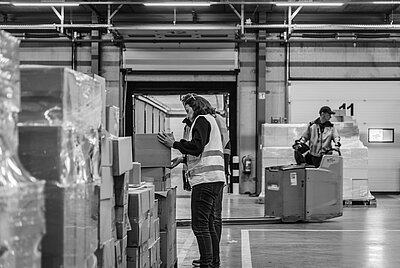It may well have done that, but it has also had a far longer-lasting and less welcome effect. Plastic bags don’t biodegrade the way many paper bags do, and they’re a significant cause of pollution both on land and at sea.
This isn’t news. Governments and international bodies have been introducing legislation to reduce their use for several years.
In 2015, the European Union adopted a directive that required each person within the union to use, on average, no more than 90 single use plastic bags every year by the end of 2019. That number should be reduced, still further, to 40 by 2025. The Union left it up to national governments to choose how they would implement the reduction, with compulsory charges for single use carriers a popular option, and a way of promoting a switch to multiple use alternatives.
While ambitious, this was just a start. In 2018, the EU announced plans to ban all single use plastics from the market ‘where alternatives are readily available and affordable’. Legislation was introduced in 2019, to come into force at the beginning of July this year, with an exemption for plastic bottles.
Sourcing sustainable alternatives
The Single Use Plastics Directive targets the ten single-use plastic items, plus fishing gear, that account for the most often found litter on the continent’s beaches.
What does this include? As far as the European Commission is concerned, “single-use plastics cover products that are made wholly or partly of plastic and are typically intended to be used just once or for a short period of time before they are thrown away”. Further, “biodegradable/bio-based plastics are considered to be plastic under the SUP Directive. Currently, there are no widely agreed technical standards available to certify that a specific plastic product is properly biodegradable in the marine environment in a short timeframe and without causing harm to the environment.”
Handing out biodegradable alternatives, therefore, isn’t a way around the regulations. Neither are paper equivalents with a plastic coating, as are often used in the production of drinks cups or sandwich packaging, in which the paper component often biodegrades quickly, leaving the plastic residue behind.
The Directive specifically targets cotton bud sticks, cutlery, plates, straws, stirrers, balloons sticks, cups, food and beverage containers made of expanded polystyrene and all products made of oxo-degradable plastic. However, there’s also an obligation for EU member states to take action aimed at reducing use of – and litter from – other items, like wet wipes and tobacco filters, and to use pictograms to make consumers aware of a product’s plastic content.
What next?
As part of Bunzl, we’ve been at the forefront of the drive to source sustainable alternatives to harmful packaging and other plastic-based products. We’re also working with manufacturers to ensure a stable supply at a time when less used paper is re-entering the production cycle and virgin pulp supplies are themselves under pressure.
Everyone has a part to play in reducing pollution – and plastic waste in particular. This would be true, even if it wasn’t mandated by law. At Worldpack, we’re proud to be helping our clients, by using our global reach to source sustainable packaging and point of sale materials for use across Europe and beyond.
To learn more about the changes you can make to comply with the Directive, and how we can help, speak to your Worldpack account manager today.


